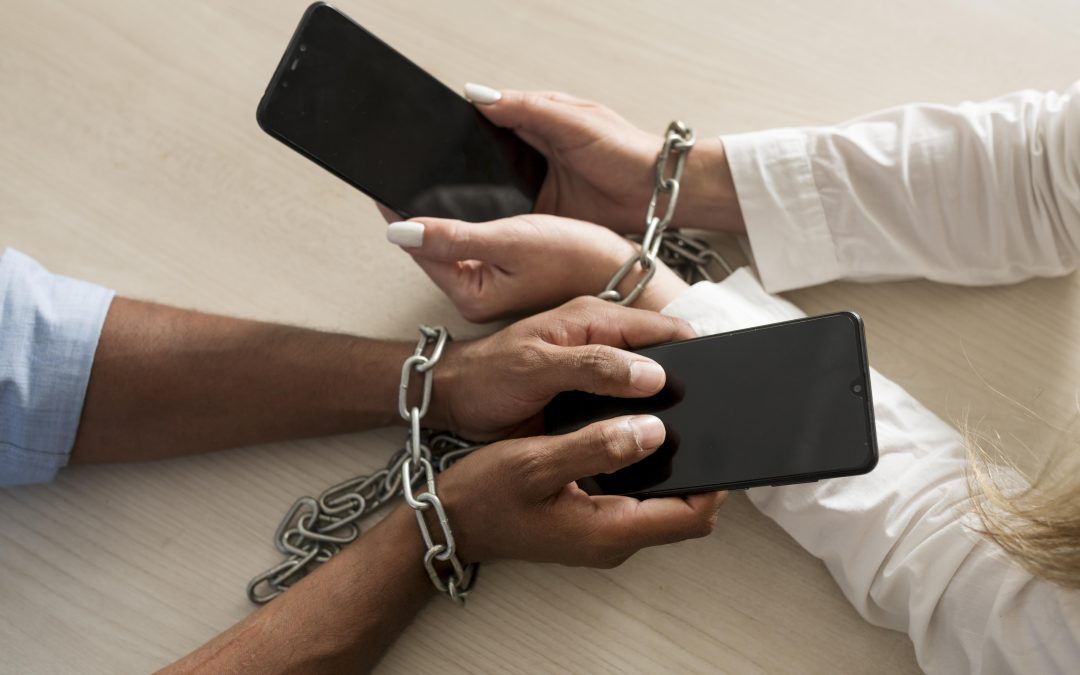Contact us For more information and bookings
In the bustling cityscapes of Johannesburg and beyond, social media has woven itself into the fabric of our daily lives, profoundly influencing how we connect, share, and perceive the world around us. While it offers undeniable benefits, such as staying connected with friends and family and accessing real-time information, the impact of social media on mental health cannot be overlooked. This article delves into the dual-edged nature of social media interactions and provides actionable strategies to mitigate its adverse effects, particularly for those recovering from addiction and the implications it has on personal relationships.
Understanding the Effects of Social Media on Mental Health
The Good: Connection and Community
Social media platforms like Facebook, Instagram, and Twitter can be powerful tools for fostering connections and building communities. They allow individuals in recovery from addiction to find support groups, share their journeys, and gain inspiration from others facing similar challenges. These platforms can serve as a lifeline by providing a sense of belonging and a supportive community that is accessible anytime.
The Bad: Anxiety, Depression, and Relationship Strain
However, the constant connectivity comes with its pitfalls. The pressure to maintain a certain image, the barrage of perfectly curated lives, and the incessant comparisons can lead to feelings of inadequacy, anxiety, and depression. For those in recovery, such negative emotions can be triggers for relapse. The 24/7 nature of social media can also disrupt sleep patterns, which is crucial for mental and physical health, particularly during recovery.
Moreover, social media can place significant strain on marriages and relationships. The public nature of interactions and the ease of access to old flames or potential new partners can breed distrust or jealousy. Additionally, excessive time spent on these platforms can detract from quality time with partners, leading to feelings of neglect and dissatisfaction in relationships.
The Ugly: Cyberbullying, Social Isolation, and Marital Discord
Social media can also be a ground for cyberbullying and harassment, which can exacerbate feelings of isolation and self-doubt. Moreover, excessive social media use can lead to social isolation in real life, as time spent online replaces real-world interactions. This isolation can be particularly detrimental for those in recovery, as it can lead to feelings of loneliness and depression, hindering the healing process.
The visibility of personal interactions on social media can also amplify conflicts within marriages, as disputes or unhappiness can be aired publicly or discovered through inappropriate communications with others, further eroding trust and intimacy.
Strategies to Mitigate the Negative Impact of Social Media
Setting Boundaries
One effective strategy is to set specific times for social media use, particularly avoiding exposure during the first and last hour of the day to improve sleep quality and mood. It’s also beneficial to curate your social media feeds to include more positive and uplifting content that supports your mental health and recovery journey.
Engaging in Digital Detoxes
Regular digital detoxes can help mitigate the negative impacts of social media on mental health and relationships. These detoxes involve taking breaks from social media for a predetermined period to reconnect with oneself and the real world. This practice can improve mood, reduce anxiety, strengthen relationships, and restore intimacy and trust within a marriage.
Seeking Professional Help
For individuals struggling with the effects of social media on their mental health and relationships, seeking professional help from mental health experts and counselors can be vital. Therapies like Cognitive Behavioral Therapy (CBT) can be particularly effective in addressing problems related to social media use.
The Benefits of Prioritizing Mental Health
Conclusion
While social media is an integral part of modern life, balancing its benefits and drawbacks is crucial for maintaining mental health and preserving the quality of personal relationships, especially for those in recovery from addiction. By setting boundaries, participating in digital detoxes, and seeking professional advice, individuals can protect their mental well-being and enhance the health of their marriages and relationships against the potential harms of social media.
Embark on Your Advanced Therapy Journey Today.
If you, as an individual or a couple, find yourselves feeling ensnared by the chains of social media, or if you are a parent concerned about your teen’s digital consumption and its effects on their mental health and social development, it may be time to seek professional guidance. At MyHeadSpace, we understand the complexity of these issues and offer specialized support. Don’t let the silent impact of screens dictate the course of your relationships or well-being.
Reach out to a psychologist today and take the first step towards reclaiming control over your digital interactions and mental health. Our doors and hearts are open to assist you in navigating these challenges and fostering healthier, more meaningful connections both online and offline.
Contact us For more information and bookings

